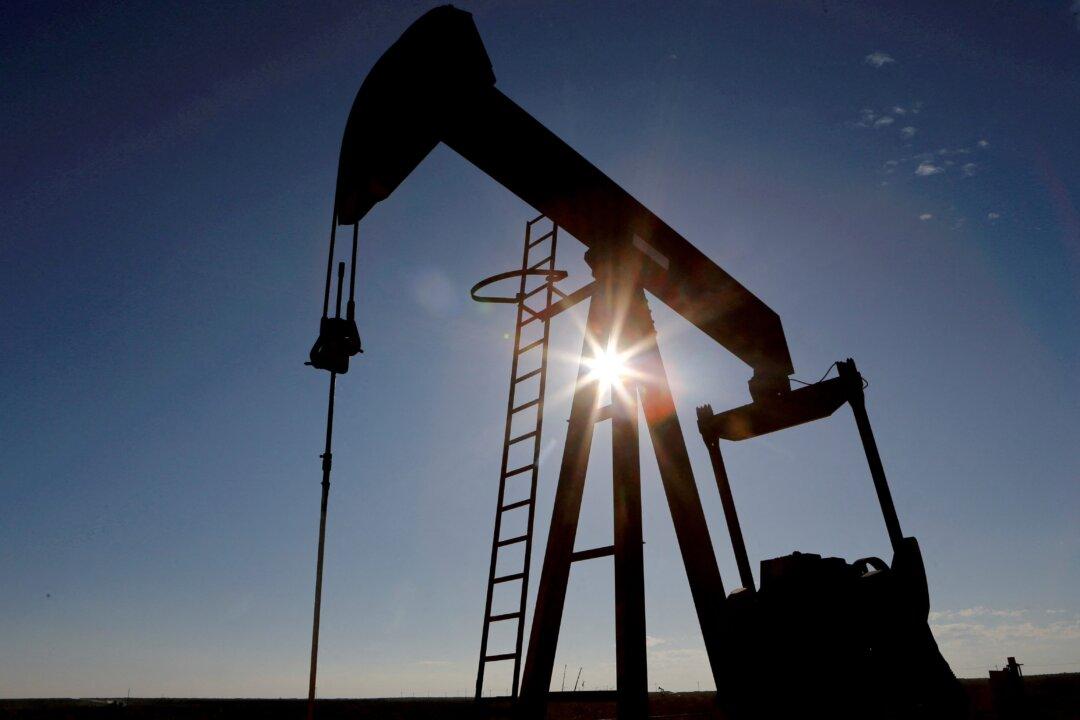Oil prices rose during early trading on May 15 after a long streak of weekly declines, with the overall market sentiment expected to remain lukewarm because of worries about the state of the U.S. economy.
Brent crude oil prices were trading at $75.42 per barrel on May 15 as of 10:44 a.m. EDT, up from its opening of $74.22. West Texas Intermediate prices were trading at $71.28 per barrel, up from about $70.08. The rise in oil prices follows four consecutive weekly losses before last weekend, which is the longest streak of weekly declines since September 2022. The decline was due to concerns that the United States could slip into a recession as the country edges toward a historic debt default next month.





